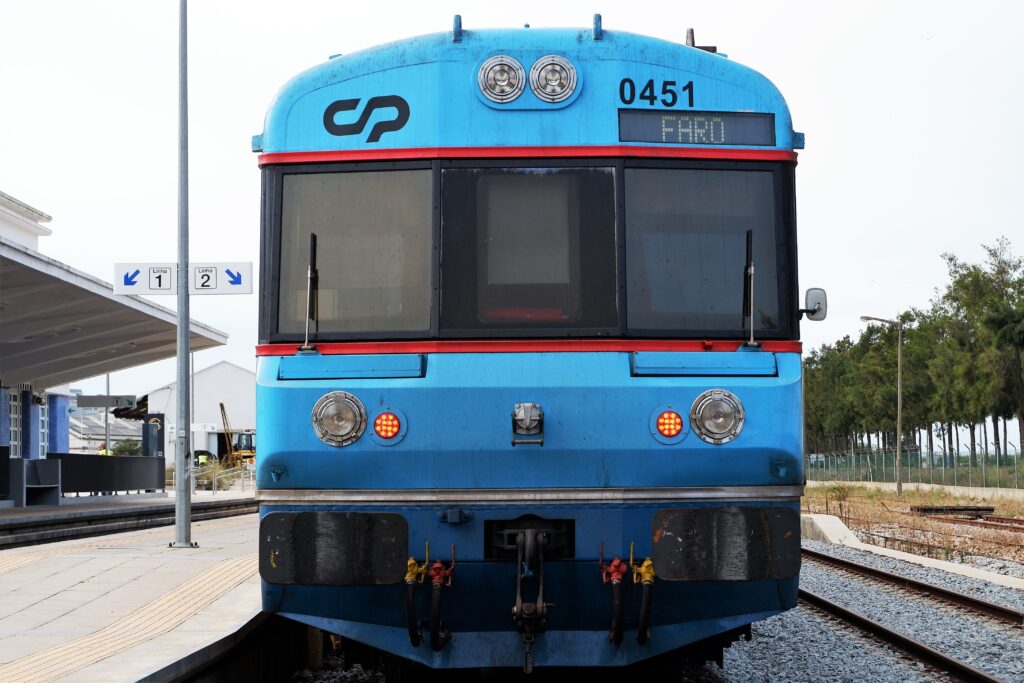A relative of mine traveled by train from Portimão to Vila Real de Santo António. It took three hours on the trip, the same time as a trip from Lisbon to Porto. Thus, a journey of 90 kilometers by rail, in the Algarve, takes the same as a journey of 310 kilometers, by rail, but between the two main cities of the country.
The story doesn't stop here. The carriages are degraded inside and out, not providing any comfort to passengers. In summer the air conditioning does not work. If we add overcrowding and breakdown stops, we are left with an inefficient and shameful product in the 2nd most important tourist region in the country.
There is more. The lack of teachers, the lack of health professionals, the lack of medical specialties (for example, Pediatrics), two public hospitals that cover the entire Algarve territory, but which are clearly insufficient, courts that have never left the drawer (for example, the of the List of Faro), make the Algarve the poor relation of successive governments since the 25th of April.
As an area par excellence with a good climate, good beaches, good gastronomy and good people, the Algarve contributes around 15% to national exports, but is treated by the public authorities only as a holiday resort and a source of taxation, not vital strategic importance for the country.
The Algarve does not enter the imagination of Portuguese politics with regard to anything serious and important, only as a hotel place where the whole country relaxes in the summer, making its economic and cultural importance diluted and forgotten.
In unpredictable times, such as the current pandemic and war in Europe, the relevance of economic self-sufficiency, namely energy, industrial and food, are decisive objectives to combat dependence on States and Regimes that do not contribute to the defense of Human Rights. , as is the case in Russia.
In this sense, the re-industrialization of Europe is a critical issue on the agenda of the various forums held in the various European countries, where the issue of railways, national or international, is at the forefront.
These matters must be articulated with the European Union's national economic and cohesion policies. Unfortunately, the Algarve structurally lacks a strategic vision of the various public policies over decades, which would remove it from its chronic dependence on tourism.
Thus, the construction of “decent” carriages for this region can be a start in the fight against this regional inequality. At the same time, the construction of carriages, which are designated in the north of the country, could be reallocated to the south of the country, namely to the Algarve region, as a way of promoting a national policy of industrial balance.
In fact, the decentralization of industrial policies is certainly a way of combating regional discrimination and a way of strengthening national and European cohesion. It has to be concrete and not just appear in speeches to embellish lectures and speakers.
Author Armando Barata is an economist, specialist in tax matters
Note: article published under the protocol between the Sul Informação and the Algarve Delegation of the Order of Economists




















Comments